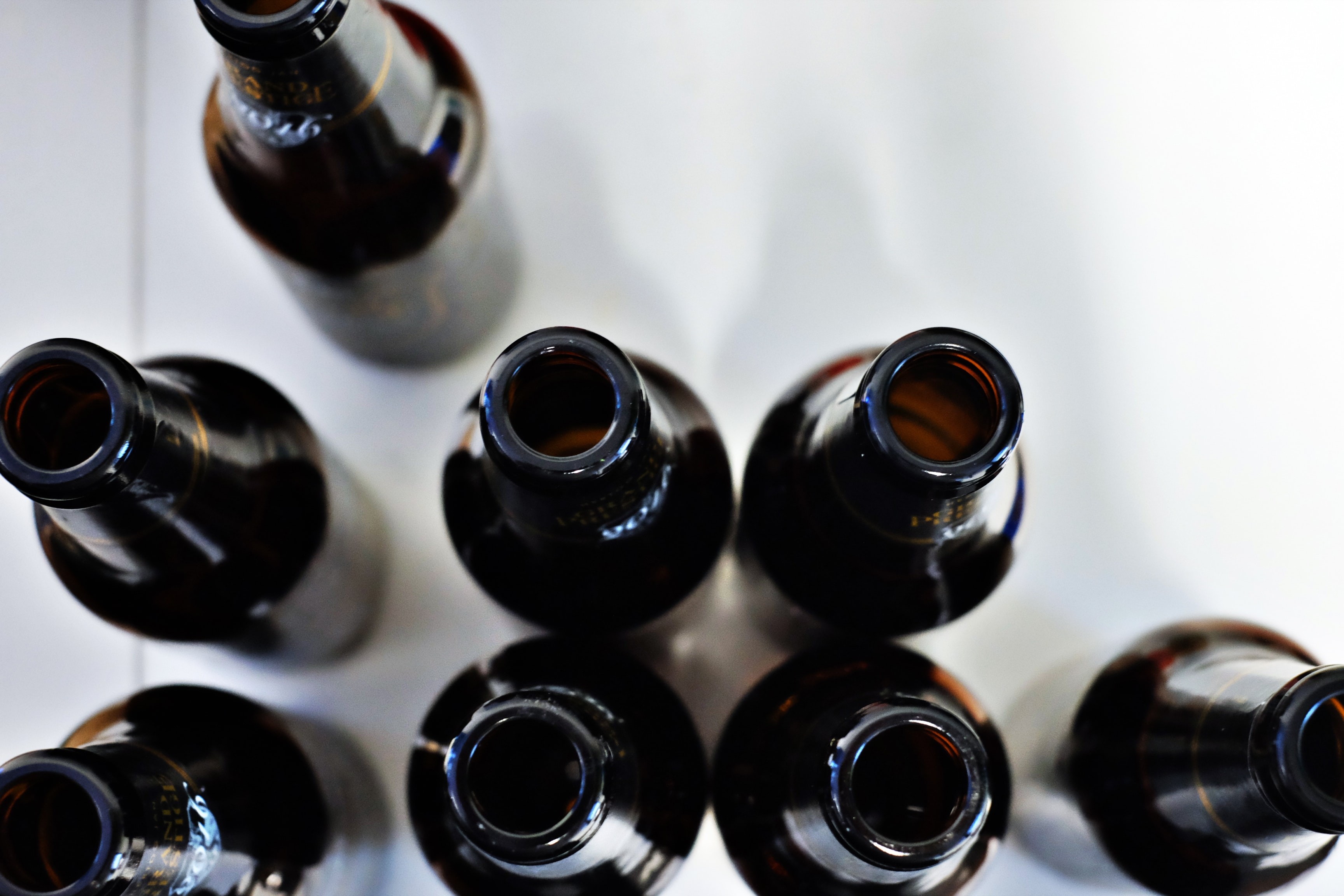Those who reserved tickets to Kyle Rittenhouse’s “Rittenhouse Recap” tonight at the University of Memphis are reportedly having to re-reserve their free tickets.
Several people took to social media to show that they received emails from Turning Point USA that their tickets had been invalidated. In an email shared to X by Tami Sawyer, event organizers said, “Due to the University’s stringent ticketing requirements, your ticket to tonight’s event featuring Kyle Rittenhouse is unfortunately no longer valid.”
While those who reserved tickets were notified that a new link would be made available at 9 a.m., many expressed they believed this was a tactic to disparage the “empty auditorium” protest, as many reserved tickets with no intention of actually going.
The new ticketing process is through the university’s official ticketing site which requires users to create an account or log in. The site shows that the event is being held by the student group Turning Point USA at the University of Memphis and that Rittenhouse will be “sharing his side of the story.”
“Rittenhouse is an advocate for our Second Amendment in the constitution,” the page reads. “He was proven innocent in trial. He was attacked, he defended himself and he was acquitted. Now he plans to share his story for all to hear his point of view aside from how the media framed him.”
Sawyer took to other social media outlets to share her frustration with the university as she said it seems as if “they’ve dug in their heels.”
“Is the University protecting Rittenhouse from the planned empty theatre?” Sawyer asked on Instagram. “Remember how folks urged everyone to ‘stop complaining, just buy a ticket and don’t go.’ The students did that. Now this.”
The university has repeatedly stated that they are not sponsoring the event, as it’s being held by a registered student group (Memphis TPUSA). They also said that under the First Amendment and Tennessee’s Campus Free Speech Act, they cannot “legally prohibit such events from being hosted by a registered student organization.”`
In an email obtained by the Flyer addressed to students, university officials said they heard the concerns from the campus community regarding the event and they understand them; however, they must uphold the principles of free speech as a public institution.
They also said that the “expression of differing ideas and opinions plays an important role in maintaining a diverse campus environment that is open and inclusive.”
“It is essential that these discussions take place while maintaining a safe environment on our campus,” the university said in the letter. “Speech that includes threats, harassment or attempts to incite violence is not protected under the First Amendment and is strongly prohibited by the University.”
The event is still scheduled for tonight, Wednesday, March 20th at 7 p.m. at the UC Theatre.

 Photo by Thomas Picauly on Unsplash
Photo by Thomas Picauly on Unsplash